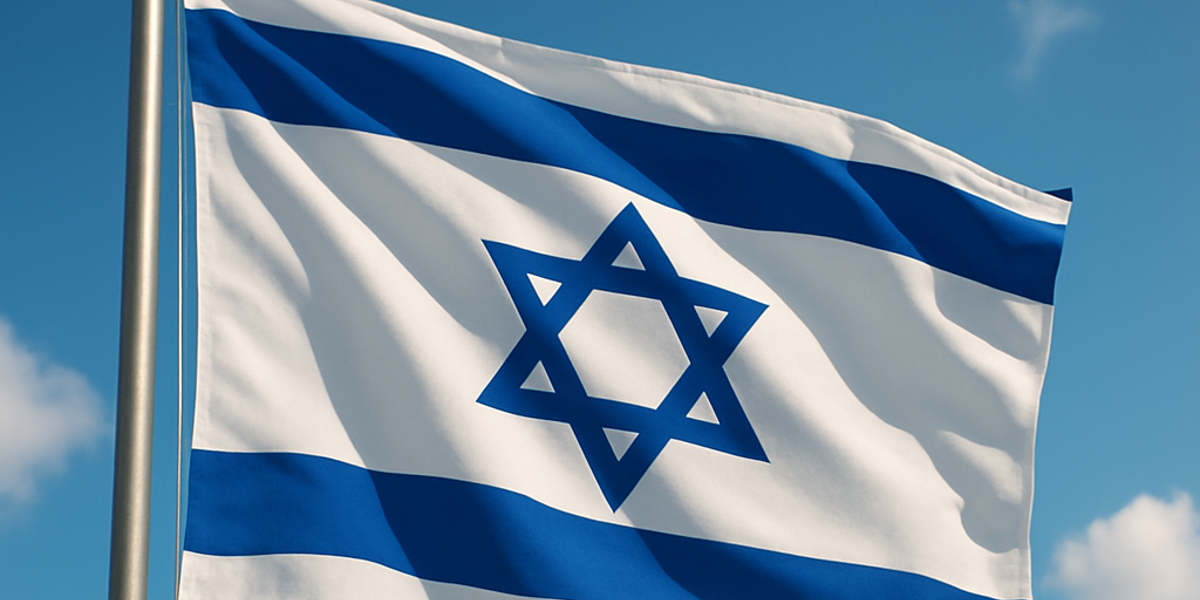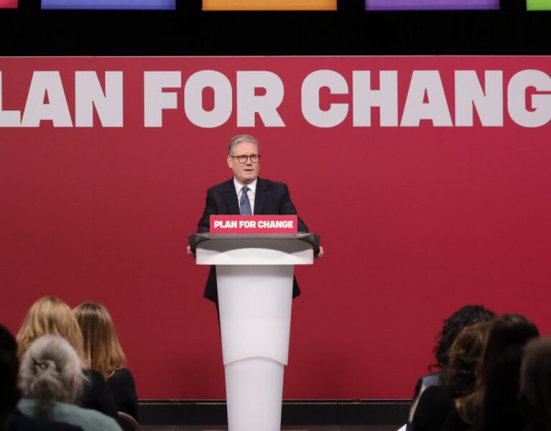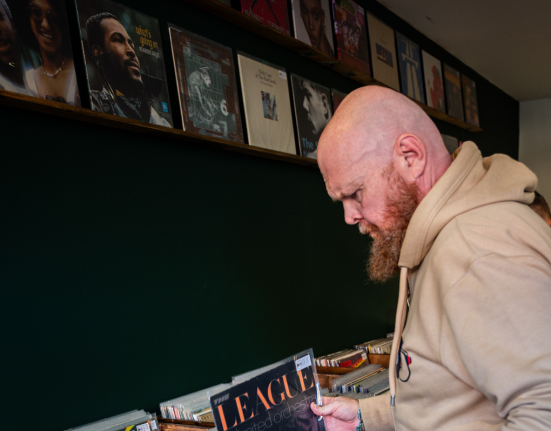Emir demands stronger action
Qatar’s emir has demanded that Arab and Muslim leaders take “concrete steps” against Israel after missile strikes targeted Hamas’s political office in Doha.
Speaking at an emergency summit of around 50 nations, Sheikh Tamim bin Hamad al-Thani denounced the assault as “blatant, treacherous and cowardly,” accusing Israel of waging a “genocidal war” on Palestinians.
The remarks marked one of Qatar’s strongest public rebukes of Israel to date. The Gulf state has for years hosted Hamas’s political leaders with tacit US approval, while also playing a central role in mediation efforts to end the ongoing war in Gaza.
Leaders divided on response
Although delegates at the summit lined up to condemn Israel’s actions, they stopped short of agreeing to joint punitive measures. Instead, a resolution urged states to consider reviewing their diplomatic and economic relations with Israel and warned of “catastrophic consequences” if the Netanyahu government moved to annex further Palestinian territory.
Diplomats privately admitted the lack of a unified plan reflected both the fractured politics of the Arab world and fears of antagonising US President Donald Trump.
Gulf capitals rely on Washington as a guarantor of their security, making them wary of a confrontation that could strain ties with the White House.
Pressure on Abraham Accords
The attack has heaped pressure on the United Arab Emirates, which normalised relations with Israel under the Abraham Accords in 2020. The deal, seen at the time as a landmark in Middle East diplomacy, is now under unprecedented strain.
In the days following the strike on Doha, the UAE blocked Israeli companies from participating in an air show in Dubai and summoned Israel’s deputy head of mission to protest. Emirati officials have warned of more steps to come, while prominent academics have suggested the country could even suspend the accords.
“The agreement is becoming a political liability, not a strategic asset,” said Abdulkhaleq Abdulla, a well-known Emirati commentator.
Saudi Arabia holds firm
Saudi Crown Prince Mohammed bin Salman also took a tough line at the summit, accusing Israel of committing genocide in Gaza. Riyadh has said repeatedly that normalisation with Israel will not be considered unless there is an end to the war and a firm commitment to establishing a Palestinian state.
The crown prince’s remarks dealt a blow to Trump’s stated ambition of expanding the Abraham Accords to include Saudi Arabia, long seen as Israel’s ultimate diplomatic prize in the region.
US assurances questioned
The missile strikes have raised pointed questions about Washington’s ability – and willingness – to restrain Israel. Trump claimed he only learned of the operation as it was being carried out, despite the fact that the US Central Command’s forward operating base is hosted in Doha.
His administration has sought to reassure Qatar that such an incident will not be repeated, but doubts remain across the Gulf. “Everyone in the Middle East is looking at this as a test of how far US guarantees go,” said one Arab official.
US Secretary of State Marco Rubio has tried to balance strong support for Israel with outreach to Arab partners. While in Jerusalem, he avoided direct criticism of Netanyahu’s government, but he is expected to face sharper questions when he visits Doha.
Regional fault lines deepen
The summit’s outcome underscored the delicate balancing act facing Arab governments. Egypt and Jordan, both critical of Israel’s war in Gaza, have maintained peace treaties with Israel for decades due to their own security concerns and reliance on US aid.
Qatar, meanwhile, has cut all contact with Israel, including intelligence cooperation, signalling a harder line that could isolate it from some neighbours but strengthen its image among pro-Palestinian constituencies.
As leaders dispersed from Doha, the broader reality remained clear: condemnation is easy, but collective action is elusive. With public anger soaring and diplomatic ties fraying, the Israeli strike has sharpened divides across the region and raised the stakes for the future of US alliances in the Gulf.







